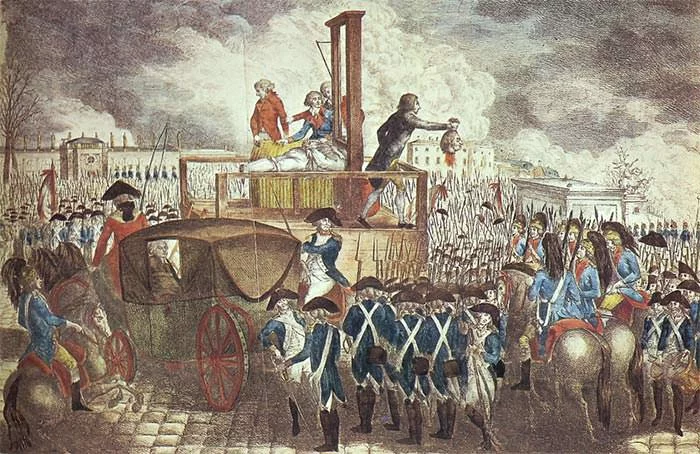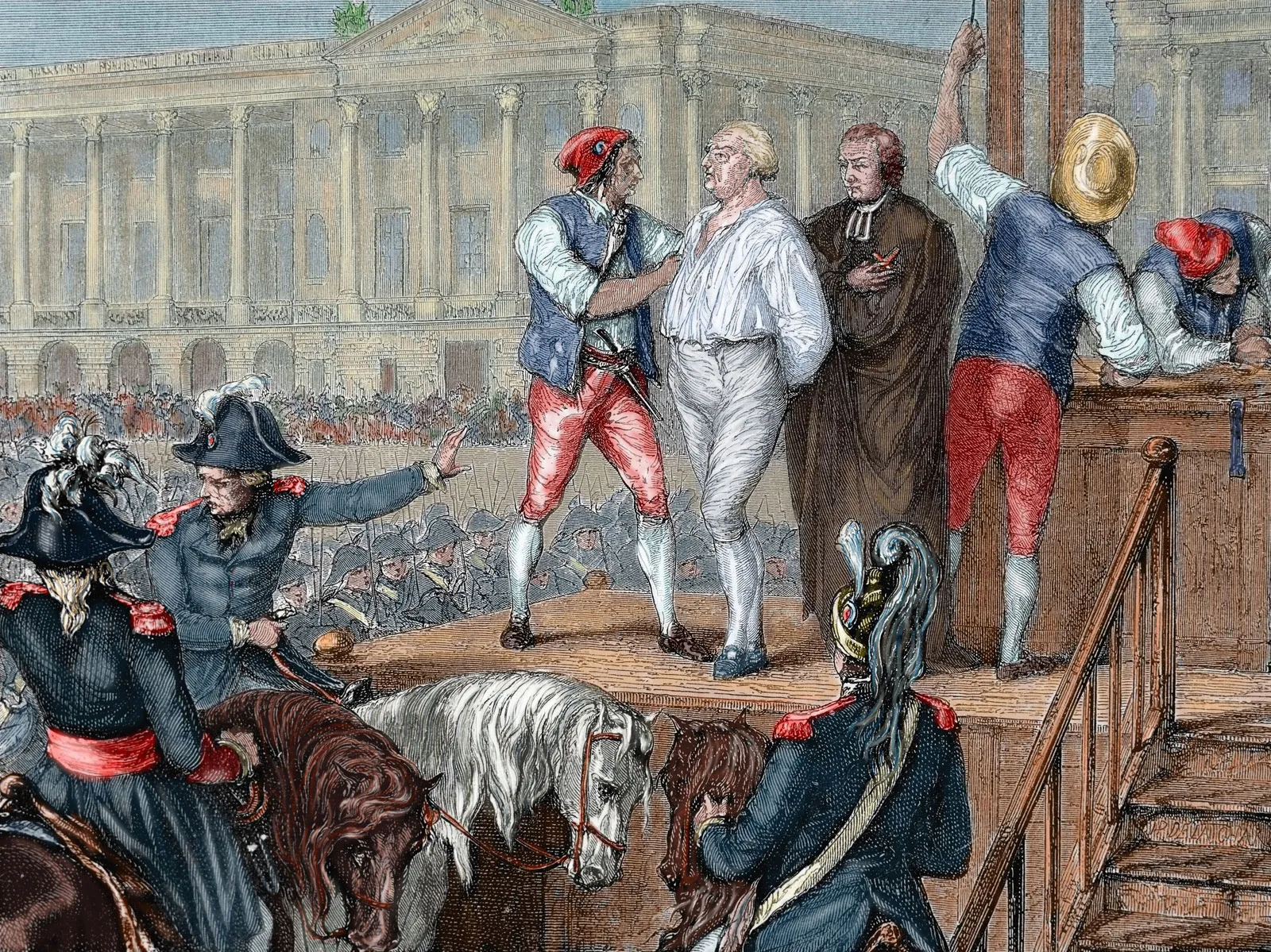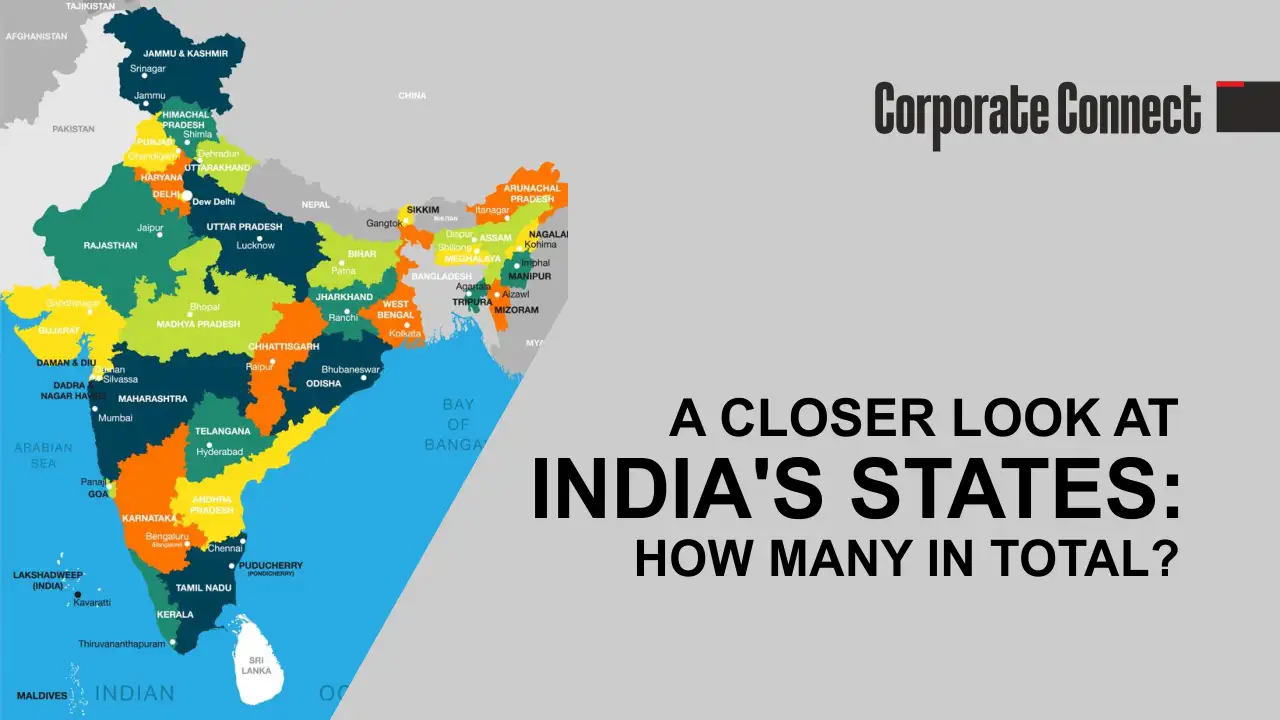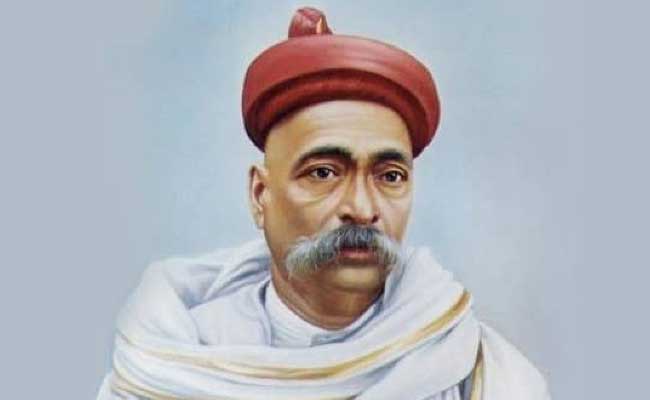The French Revolution (1789–1799) remains one of the most significant events in world history. It marked the end of absolute monarchy in France and inspired democratic movements across the globe. The Revolution was not just a political upheaval — it was a social, economic, and ideological transformation that changed the course of Europe forever.
Background: Causes of the French Revolution
By the late 18th century, France was one of the most powerful nations in Europe, yet it faced deep internal problems. Several factors led to the outbreak of revolution:
1. Social Inequality (The Three Estates)
French society was divided into three classes known as the Three Estates:
- First Estate: The clergy (church officials)
- Second Estate: The nobility (aristocrats)
- Third Estate: Commoners — peasants, merchants, and workers, who made up nearly 97% of the population
The First and Second Estates enjoyed privileges like tax exemption, while the Third Estate bore the heavy tax burden, creating widespread resentment.
2. Economic Crisis
France was nearly bankrupt due to years of war and lavish spending by kings like Louis XVI and Marie Antoinette. Poor harvests led to food shortages, inflation, and famine, worsening the plight of the poor.
3. Enlightenment Ideas
Thinkers like Voltaire, Rousseau, and Montesquieu inspired people to question monarchy and demand liberty, equality, and fraternity — ideals that became the foundation of the revolution.
4. Weak Monarchy
King Louis XVI’s indecisiveness and failure to implement reforms further fueled public anger. The monarchy’s loss of credibility made revolution inevitable.
Major Events of the French Revolution
1. The Estates-General and the National Assembly (1789)
When the financial crisis deepened, Louis XVI called the Estates-General — a meeting of representatives from all three estates. The Third Estate, feeling underrepresented, broke away and declared itself the National Assembly, vowing to draft a new constitution.
2. The Storming of the Bastille (July 14, 1789)
The storming of the Bastille Prison — a symbol of royal tyranny — marked the beginning of the revolution. This day is still celebrated in France as Bastille Day, symbolizing freedom and the people’s power.
3. The Declaration of the Rights of Man and of the Citizen (1789)
The National Assembly adopted this declaration, proclaiming that “all men are born and remain free and equal in rights.” It became the foundation of modern democracy.

4. The Fall of the Monarchy (1792)
In 1792, France became a republic, and the monarchy was abolished. King Louis XVI was tried and executed by guillotine in January 1793. His wife, Marie Antoinette, faced the same fate later that year.
5. The Reign of Terror (1793–1794)
Led by Maximilien Robespierre and the Committee of Public Safety, this period saw mass executions of perceived enemies of the revolution. Thousands were killed by the guillotine, including revolutionaries themselves.
6. The Rise of Napoleon Bonaparte (1799)
After years of political instability, Napoleon Bonaparte, a popular military leader, seized power through a coup in 1799, ending the Revolution and beginning the Napoleonic Era.
Key Outcomes of the French Revolution
- End of Absolute Monarchy: The revolution abolished the centuries-old monarchy in France.
- Birth of Democracy: It promoted ideas of liberty, equality, and fraternity, influencing democratic movements worldwide.
- Legal and Social Reforms: Feudal privileges were abolished, and church lands were nationalized.
- Rise of Nationalism: The French Revolution inspired national unity and pride, shaping the modern French identity.
- Global Influence: Revolutionary ideals spread across Europe, inspiring revolutions in Latin America and other parts of the world.
Impact of the French Revolution
The French Revolution forever changed the political landscape of Europe. It ended feudalism, challenged the power of the church, and set an example for future revolutions such as the American Civil Rights Movement and Indian Independence. Though it was marked by violence and chaos, it laid the foundation for modern constitutional governments and universal human rights.
The French Revolution was not just a struggle for power — it was a movement for justice, equality, and human dignity. From the fall of the Bastille to the rise of Napoleon, it reshaped the modern world. Its cry for “Liberty, Equality, Fraternity” continues to echo through history, reminding us of the power of people to shape their destiny.
![]()





